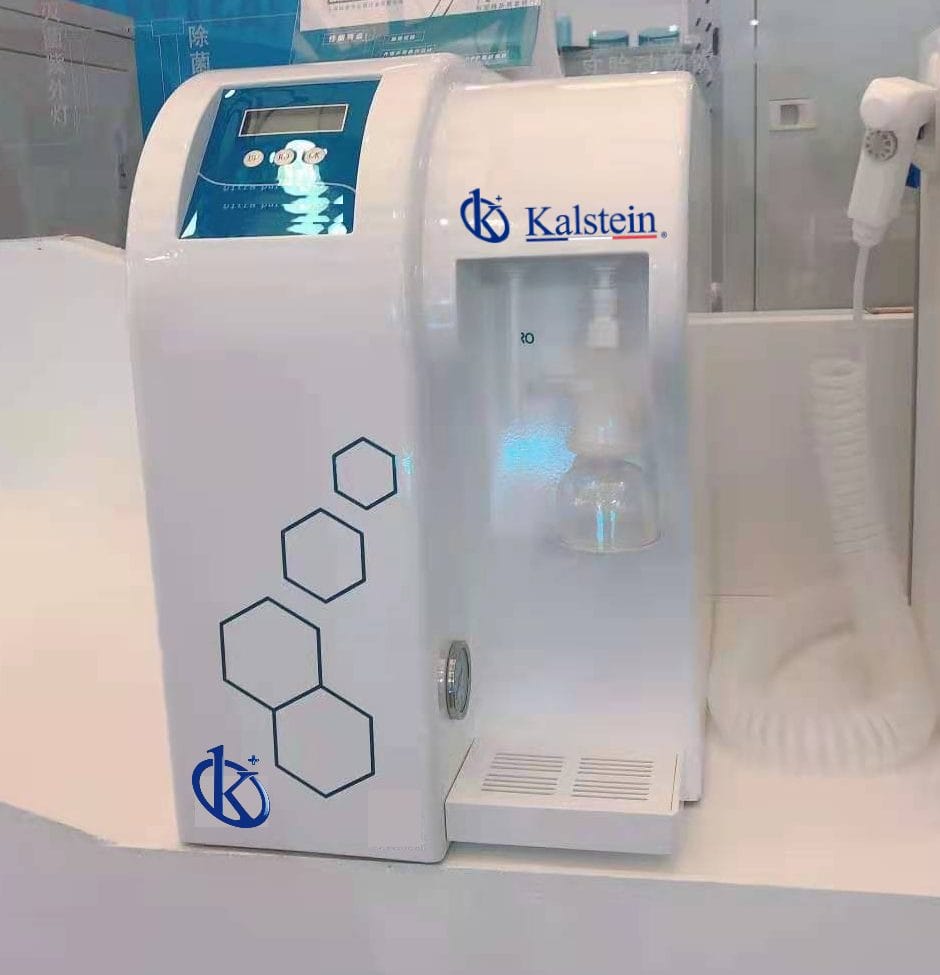Now more than ever, the world of science is focused on the search for precise and reliable results in every experiment and laboratory analysis. One of the critical factors to achieve this is the purity of the water used in such tests. In this sense, the manufacturer Kalstein offers a range of options in water purification units that become an essential acquisition for any modern laboratory seeking excellence in its results. https://kalstein.eu/categorie-produit/laboratory-sector/water-systems/?lang=en
As their name suggests, these units are dedicated to purifying water, removing impurities and contaminants to provide pure water for various laboratory applications. Water purification units not only increase the reliability and accuracy of experiments but also contribute to extending the lifespan of costly laboratory equipment by preventing the accumulation of mineral deposits.
Why is Water Purification Vital in Scientific Laboratories?
Water is the primary substance used in scientific laboratories. However, ordinary tap water contains a series of impurities that can interfere with laboratory processes and alter the results of the experiment. That is why it is essential to resort to quality water purification units provided by specialized manufacturers like Kalstein.
The key aim of water purification units is to eradicate all traces of contaminants in the water, such as dissolved salts, organic and inorganic materials, and suspended particles. When this level of purity is achieved, laboratories can reliably perform a variety of activities, from preparing reagents and cell cultures, to mass spectrometry and high-efficiency liquid chromatography.
How do Water Purification Units Work?
Depending on the specific needs and applications, manufacturers like Kalstein have developed different types of water purification units. The most common purification methods include distillation, deionization, and reverse osmosis.
Distillation involves boiling the water to produce steam, which is then cooled and condensed into pure water. On the other hand, deionization uses ion exchange resins to remove mineral salts from the water. Lastly, reverse osmosis uses a semipermeable membrane to filter particles and dissolved solids.
Each system has its own advantages and disadvantages in terms of price and performance, so it’s important to consider the lab’s specific needs before making any purchase.
Considerations for Purchasing Water Purification Units
Given the importance of these units in laboratory operation, it’s crucial to make an informed purchase. This is where price can be a determining factor. While it’s true that water purification units can initially represent a significant investment, improving the reliability of experiments can justify this investment in the long run and make it profitable.
It’s equally important to consider the quality of the equipment. With renowned manufacturers like Kalstein, you can be sure you’re acquiring high-quality equipment that will meet your performance and durability expectations. If you want to know the high-end product catalog that KALSTEIN has for you, visit us at https://kalstein.eu/?lang=en
The Best Option for the Sale of Water Purification Units
If you’re looking for a trusted manufacturer with a complete line of water purification units, look no further than Kalstein. With solid experience in supplying high-quality laboratory equipment, Kalstein is the favorite choice of scientists and laboratory professionals worldwide.
Regardless of your needs and budget, you will be able to find the water purification unit that best fits your needs in the Kalstein product catalog. Whether you need to purify water for general usage in the lab or for highly specialized applications, you can count on Kalstein’s expert advice to help you make the best purchase decision.
In conclusion, water purification units are one of the most essential pieces of equipment in any modern scientific laboratory. With the help of reputable manufacturers like Kalstein, you can enhance the accuracy of your experiments and prolong the lifespan of your laboratory equipment.

